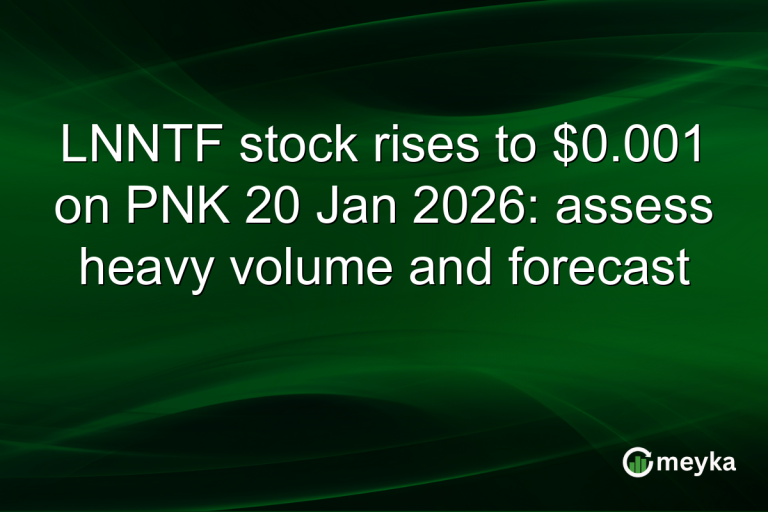Toronto Stock Exchange Climbs as Resource Stocks Rebound
The Toronto Stock Exchange (^GSPTSE) posted modest gains today, advancing by 307.96 points, or about 1.02%, to close at 30,416.44. This climb is backed by a revival in energy and materials sectors, vital components of the Canadian economy. With global commodity prices stabilizing, investor focus is drawn to Canada’s resource-rich market amidst worldwide economic shifts.
Energy and Materials Lead the TSX Rally
The TSX saw significant movement today driven by the energy and materials sectors. Energy stocks gained traction as oil prices steadied, improving market sentiment. This stability in commodities offered reassurance to investors, looking at a volatile global economic picture. The materials sector also rebounded, aligning with rising metal prices. Reuters highlights this trend, citing renewed confidence in commodity investments as a critical factor in the TSX’s upward trajectory. Investors are keenly watching these sectors, which play a substantial role in the index’s performance.
Global Factors Influencing Canadian Markets
Canadian stock market today reflects broader global economic themes. Geopolitical tensions and economic policies continue to impact investor strategies. The Bank of Canada’s interest rate policies, aimed at curbing inflation, are particularly influential. These decisions, coupled with international trade dynamics, provide a complex backdrop for investors. While local factors like earnings releases influence individual stock prices, global trends remain pivotal in shaping the overall market direction. This interconnectedness keeps investors alert as they navigate the evolving financial landscape.
Technical Overview of the TSX
From a technical standpoint, the TSX index performance shows a robust trend, supported by key indicators. The Relative Strength Index (RSI) sits at 62.63, suggesting continued positive momentum. Meanwhile, the Average Directional Index (ADX) indicates a strong trend. These metrics reinforce investor confidence in the current rally. However, volatility remains a factor, evidenced by the Average True Range (ATR) at 303.85. With a Price Average 50 of 29,167.94 and a Price Average 200 of 26,495.15, the index is significantly above its long-term averages, capturing a strong performance trend.
Investor Sentiment and Market Outlook
Sentiment around the Toronto Stock Exchange news is increasingly optimistic as investors react positively to today’s gains. A positive chatter with analysts expecting sustained interest, especially in the resource sectors. The forecast for the TSX remains optimistic, with growth metrics suggesting potential future increases. Projections show the index moving towards 35,053.95 over five years. Investors are advised to watch global economic conditions and sector-specific performances closely.
Final Thoughts
The TSX’s upward movement today is a testament to the resilience of the Canadian stock market during challenging global conditions. With resource stocks leading the charge, investors are cautiously optimistic about future performance. However, mindful of ongoing global economic developments, it’s essential to remain vigilant. As markets continue to react to both domestic and international factors, utilizing platforms like Meyka for real-time financial insights and predictive analytics can aid in navigating these complex landscapes.
FAQs
The TSX rose due to gains in energy and materials stocks, spurred by stabilizing commodity prices. Global factors also played a role in this upward movement.
Technically, the TSX is showing a strong trend with an RSI of 62.63 and a robust ADX of 47.11. It remains above its 50 and 200-day moving averages, supporting current positive momentum.
Investor sentiment is optimistic, driven by robust sector performances in energy and materials. Projections suggest the index could reach 35,053.95 in the next five years.
Global factors include geopolitical tensions, trade dynamics, and foreign interest rates. These elements, alongside domestic monetary policies, heavily influence Canadian markets.
Disclaimer:
This is for information only, not financial advice. Always do your research.






